|
So you finally went vegan. You may have heard that a plant-based diet is a great way to lose weight and decided to give it a shot. But for some reason, it doesn't seem to be working. Even worse, you may even be gaining weight on this diet. What could be going wrong? First, it's important to clarify that veganism, though it does have a significant dietary component, is not a diet per se. It's a lifestyle based on an ethical choice not to consume animals or products that involve the abuse or killing of animals. While there are many health-conscious vegans, veganism itself isn't about removing meat from the diet for the sake of health. It's for the sake of animals' lives. Vegans don't just stop loving the meals that they grew up eating. They just don't want to harm animals to eat the foods they love. This is where vegan meat and dairy substitutes come in. So-called "fake" meats and cheeses allow vegans to eat familiar favorites like grilled cheese, cheeseburgers, and pizza, without harming animals in the process. But your priorities are different. It's not that you don't care about animals. You're just more focused on working on your health, which is also essential. But if you want to meet your goals, vegan meat and cheese substitutes may be doing you more harm than good. Here are the different ways your favorite vegan substitutes may be sabotaging your weight loss: Too Much Saturated FatThe problem with many vegan substitutes is that they often contain high saturated fat. But without it, vegan meats and cheeses wouldn't taste anything like the real thing. It's a cruel fact of life that the very things that make foods taste irresistibly delectable are the same things that make us unhealthy. Researchers compared people who ate baked goods made with saturated fat to those who ate baked goods with unsaturated fats. The saturated fat group not only gained more fat, but they also gained more visceral fat. [1] Unlike subcutaneous fat, which sits just below the skin, visceral fat accumulates in the liver and other internal organs. Visceral fat is a dangerous fat that produces inflammatory compounds linked to various diseases. Unsaturated fats are more accessible for the body to break down and use for fuel, while saturated fat is more likely to be stored. By regularly eating vegan meat and dairy substitutes, you may be overeating the kind of fat that is more likely to be stored in your body as fat. Even worse, saturated fat can contribute to plaque build-up in your arteries, putting you at risk for heart disease. Too Much SodiumWater retention can really mess with your head when you're trying to lose weight. You're confident that you're putting in the work, you're getting all your workouts in, and you're eating differently, but you're unsatisfied. It doesn't seem like things are changing when you know they should be. Maybe the problem is too much sodium. Sodium attracts water - this is true both outside and inside our bodies. When we overeat sodium, water follows salt into our cells, causing them to expand. So while you may be losing fat, it may not be evident because you're holding on to water weight. Research has also found that people with high-salt diets tend to drink less water than those with low-salt diets. They also tend to feel hungrier, which causes them to eat more food than they need. When they attempt to quench their thirst, they're more likely to go with calorie-laden beverages such as soda. While researchers have yet to pinpoint the mechanisms behind why excess sodium links to obesity, various studies have found the connection. Water retention may give the illusion of weight gain, but excess salt consumption can contribute to actual weight gain. Unfortunately, vegan meats and cheeses are often extremely high in sodium to make them taste like the real deal. Not only does this excess sodium contribute to water retention and overeating, but it raises blood pressure as well. A successful weight loss plan would keep sodium under the recommended daily value of 2300 milligrams.
Too Much, Too OftenBe honest: are you measuring out and sticking to one serving? Let's be real; replicating some of the most popular and familiar American meals requires multiple servings of meat or dairy substitutes. Take, for example, grilled cheese. Most people are layering upwards of three or four slices of cheese. And what's a grilled cheese without that delicious buttery toastiness? It wouldn't be the same without a hearty smear of vegan butter. Maybe you're making sandwiches with vegan mayo and multiple slices of vegan meat and cheese. Or perhaps you're eating a lot of salads, but you're piling on vegan "chik'un", vegan cheese shreds, and vegan dressing. All of these meals use multiple servings of vegan substitutes. Using these products together means piling on unproductive amounts of the ingredients that cause weight gain. These things add up, and they add up fast. Before you know it, you've eaten more than your recommended daily value of both saturated fat and sodium. You've probably eaten more calories than your body needs, as well. Doing this multiple times per week is a sure-fire way to stall your weight loss.
Whether you choose to remove vegan substitutes from your diet altogether is really up to you. But if losing weight and improving your overall health is your main priority, you'll want to drastically reduce or remove processed foods from your diet altogether. If you enjoy these products and don't want to remove them completely, try to incorporate them in healthier ways that won't put your weight loss and health at risk. Having them as a weekend treat is much better than eating them every day. Prioritizing whole-plant foods can help to reduce calories, saturated fat, and sodium while boosting your nutrient intake. They're also more filling and can be just as tasty and fun to make. Give it a shot! References
[1] Greger, Michael. How Not to Diet (p. 160). Flatiron Books. Kindle Edition.
0 Comments
It was a particularly humbling bout of menstrual cramps that first inspired me to go vegan. It was a few months after the 2016 Presidential election, and despite living a life of physical activity and perceived dietary moderation, I was gaining weight, and was more depressed than I'd ever been. That month, when my period arrived, it was nothing short of horrific. I've had terrible menstrual cramps and a multitude of accompanying symptoms for as long as I've been menstruating. I've been in and out of doctor's offices, and I've tried a number of supposed solutions that just didn't work on me. After jumping on a sustained fitness regimen a couple years ago, my period did begin to improve, which is why I was shocked when, shortly after the election, my period began to get worse. I felt absolutely defeated, like no matter what I tried, I was destined for a life of misery. Some of you reading can relate to what I'm about to illustrate, but others are skeptical and wondering if this is all hyperbole. I've heard plenty of men and women alike express sentiments that seek to downplay and minimize just how horrible of an experience menstruation can be for some of us. However, it's a serious and costly medical issue that greatly impacts the livelihoods and well-being of women around the globe. This is my personal experience, and I'm being open in hopes of reaching those who have had to endure the same struggle. Whenever I read a list of common period symptoms I laugh, because I've had them all. Debilitating pain that radiated down into my thighs, pounding headaches, back aches, diarrhea, appetite-zapping nausea, acne, bloating, up to ten lbs of water retention, irritability, anxiety, deep depression that would begin an entire week beforehand, heavy bleeding that made me run through pads like crazy, and clots that would make me beg for mercy. I'd gotten used to the episodes of sitting on the toilet for well over an hour, quite literally wishing for death, because it felt like the only thing that could save me in the moment. After it all finally passed, I would retreat to my bed and stay there for a couple hours until my body led me right back to the bathroom. I lost count of how many doctors I've visited over the years. The diagnosis was always "dysmenorrhea", but the prescription would vary. Sometimes it was for stronger painkillers, sometimes it was birth control. I attempted birth control on three separate occasions and all three times were nothing short of a hot mess. The first time, after a couple weeks of not feeling quite right, I received a call from my doctor informing me that my blood test results revealed that my liver enzymes were through the roof, and that I should stop the pills until we could figure out what was going on. By the time I was able to get back on the pills, I had a whole new doctor with a whole new approach. She suggested that I skip the week of placebo pills that come with every pack so that I would only bleed every three months or so. I was elated. No period for three months? Four periods a year? It sounded like heaven, so of course I tried it. Except, when I finally allowed my body to bleed, I bled for about two weeks straight. At that point, I felt so defeated that I gave up altogether, or so I thought. My period continued to be hell, and a couple years later, I found myself back in the doctor's office, ready to give birth control another try. After a very short and concerning visit where the doctor was rushing out to another engagement (she didn't even look at my medical history, she just wrote a prescription), I was back on the pills. Once again, the pills didn't help my period, and to make matters worse, they made me feel completely numb. I couldn't feel any emotions other than numbness and depression. It was bad enough that I had already struggled with depression, but these pills made me feel like a shell of myself. I was existing, but I wasn't all there. Eventually, I decided to stop them. Funny enough, the physical pain wasn't the worst thing about my period. Don't get me wrong, the pain was nothing short of breathtaking. I popped OTC pain pills like candy (which made me nervous - what were they doing to my body?), and they often didn't work. Because of this, I developed a tolerance to pain that I began to wear as a badge of honor. It was the impact on my self-esteem, however, that really fucked me up. I felt like a deficient human being. How can I work, how can I be a productive member of society if I can't go a month without being bedridden for several days? My attendance throughout high school wasn't great. In college, every semester I exceeded my allotted absences for all of my classes, forcing me to go to the doctor just to get a note. Up until I got a job where I could work from home, I would miss days of work, meaning I was losing money. More painful though, was missing countless birthday celebrations for people I loved dearly. Even though they understood, I never shook the feeling of guilt that would overwhelm me whenever I couldn't be there. I tried everything. When the medical establishment didn't come through, I tried all the alternative, natural solutions that I had access to. Nothing seemed to work. So honestly, I wasn't expecting much when I decided to go vegan, but I felt like I had nothing to lose. I was concerned that my monthly pain was a signal that things could only get worse for me. Being a Black woman with a family history of uterine fibroids, breast cancer, and other hormone-related illnesses, I worried that I was destined for the same fate. I knew my hormones were way out of whack, I knew my body was inflamed, and I knew that something had to give. I was also just so damn tired. I couldn't imagine continuing to live this way for several more decades. Something had to change, so I changed myself. Considering the research regarding PMS and inflammation, research regarding the relationship between meat and dairy consumption and inflammation, as well as research surrounding estrogen consumed from meat and dairy, I decided to try a plant-based diet. After all, what did I have to lose? Literally two weeks after removing meat from my diet (dairy had removed itself many months before; my body couldn't handle it), I had what was, up until then, the best period of my life. The month before that, I was maxing out on ibuprofen, but a couple weeks after going vegan, I didn't have to take a single pain pill. I was floored. It wasn't completely pain-free, but it was such a drastic improvement on what I'd gotten used to that I was more annoyed than pained. But even more shocking was, every single month since then, my period has gotten better. My flow is now lighter (both in amount & hue - it's brighter!), my period is shorter, and my cramps are damn near non-existent. I would call it a miracle if I didn't know just how much work went into getting to this point. Understand, I didn't just "go vegan". I was particularly careful to ensure that I was eating a whole foods, plant-based diet. I've also incorporated foods that help to balance my hormones, reduce my overall inflammation, and nourish my body with vital nutrients & minerals. I realize now that the foods I grew up eating had put my body in such an unhealthy state that the only way I could get better was by being vigilant about exactly what I put in body. I had to take steps that I was honestly unwilling to take before. In addition to removing meat, dairy and eggs from my diet completely, I rarely eat fried food anymore. I eat tons of fruits and vegetables, and I increase my fruit intake right before my period. I keep processed food to a minimum - they're convenient in a pinch, but they tend to be full of additives that aren't good for you. I also recently removed alcohol from my diet, because honestly, it wasn't doing me any good. Consistent physical activity is also important. My current regimen has me working out 5-6 days a week, but even 3 days a week of moderate to vigorous exercise can help. The short amount of time in which my body responded and the continued improvements in the months after have made me a believer. You can find lots of articles and documentaries about the links between animal-based foods and major illnesses such as diabetes, heart disease and cancer, but a lack of scientific attention to menstrual issues means there aren't very many studies about the connection between diet and feminine health. I'm writing this to add to the growing anecdotal evidence that shows that what you put in your body is directly related to the pain and other horrific symptoms that come every month. My quality of life is the best that it's ever been, and the confidence and self-esteem boost that comes with knowing that I'm in control of my body rather than my body being in control of me is absolutely priceless. My Personal Go-To Menstruation Staples Here are some staples that I include in my diet to help with my menstruation issues. I suggest doing your own research before incorporating anything new or unfamiliar into your diet. It took a lot of trial & error to come to a set of staples that work for me. Including most of these in a daily smoothie makes it easy to incorporate them all into my diet.
There are many other foods and herbs that are reported to work that may be more accessible or preferable to you. Keep in mind that your experience may not be the same as mine. Depending on the state of your body, the response might be immediate or it may take a few months. Give yourself time and be patient with your body. It's worth it in the end. Authors Note: This post originally appeared on my blog Black Vegan Diaries in 2017. Some updates have been made to reflect my current regimen.
Transitioning to a vegan, plant-based diet was hands-down one of the best decisions I have ever made. I did not truly understand the connection between the food I ate and how it affected my body until I removed meat and dairy from my diet entirely and started adding in a variety of nutrient-dense plant foods. My energy levels increased, and my post-workout recovery time decreased. My menstrual cycle, which had always been heavy and painful, shortened and improved tremendously. My stomach, which ailed me constantly since childhood, seemed to strengthen as the aching reduced and bowel movements normalized. These are just a few of the many benefits I've personally experienced from consuming a plant-based diet. Over the years, I've heard and witnessed countless testimonies of near-miraculous transformations from people who have ditched the Standard American Diet (SAD) in favor of a healthier way of eating. The best part is that there's nothing mystical about the transformational potential of plant-based eating; it's all backed by science. What is a plant-based diet? "Plant-based" is an umbrella term encompassing several dietary patterns that heavily (or entirely) rely on plant foods. 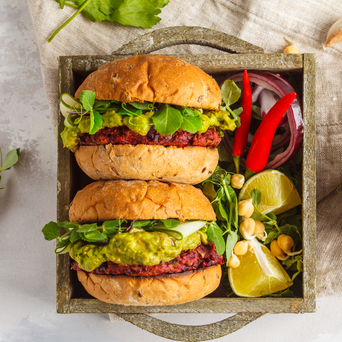
Each of these diets incorporates varying amounts of animal products, but plant foods serve as the foundation of the diet. As a general rule of thumb, the closer you get to a diet based on primarily whole, plant-based foods, the more health benefits you'll reap. What are the health benefits of a plant-based diet? Studies have shown that fruit and vegetable consumption is linked to a reduced risk of cancer, heart disease, and all-cause mortality. (Source) The converse is also true: not eating enough fruits and vegetables increases your risk of developing and dying from certain chronic diseases.
Eating a diet rich in a variety of fruits, vegetables, whole grains, legumes, mushrooms, nuts, and seeds has been proven to:
This is just the tip of the iceberg of what a diet rich in whole, unprocessed plant foods can do for our health. More studies are being conducted on the benefits of plant-based diets for numerous additional chronic health conditions. Why are plant-based diets so beneficial?
Plant foods are jam-packed with nutrients, vitamins, and minerals that our bodies need to function optimally. Plants also exclusively contain fiber and disease-fighting phytonutrients that cannot be found in meat or processed junk food. As a matter of fact, "plant-based" diets that include heavy amounts of processed junk foods can be detrimental to health as many of the nutritional components have been stripped from the food during processing. They also contain many unwanted ingredients like excess saturated fat, sodium, and refined sugars. On the other hand, food in its most natural, whole form provides the body what it needs to protect against disease. Going plant-based can be a massively rewarding journey as you explore a variety of new foods while also seeing significant improvements in health. If you've been thinking that it's time for you to pay more attention to how you eat, then start piling on the plants! |
AuthorNiv Mullings is a Plant-Based Personal Trainer and Weight Loss Specialist from the Bronx, New York, currently residing in Jacksonville, Florida. After years of struggling with obesity, anxiety, depression, painful menstruation, and other chronic health complaints, Niv changed her life for the better through fitness and a healthy plant-based diet. Now she helps others to do the same. Archives
December 2022
Categories
All
|
|
COPYRIGHT © NIV MULLINGS 2021
|
Proudly powered by Weebly
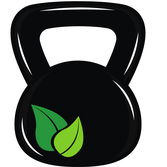
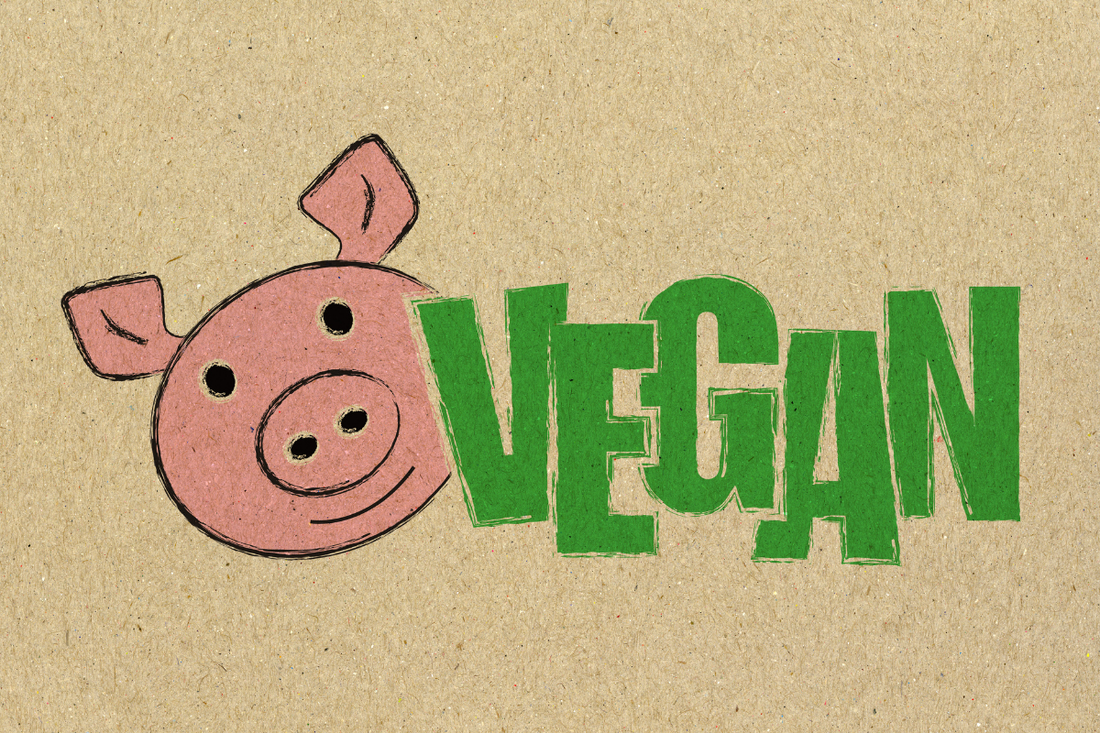
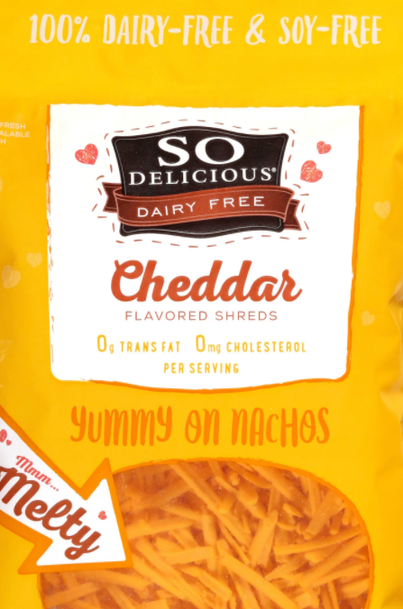
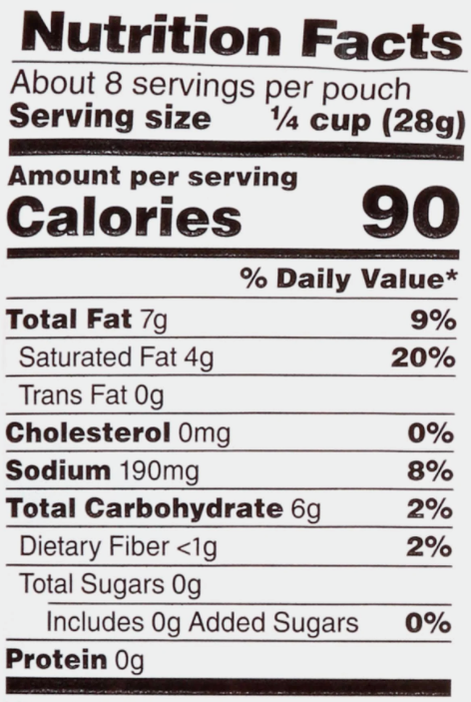

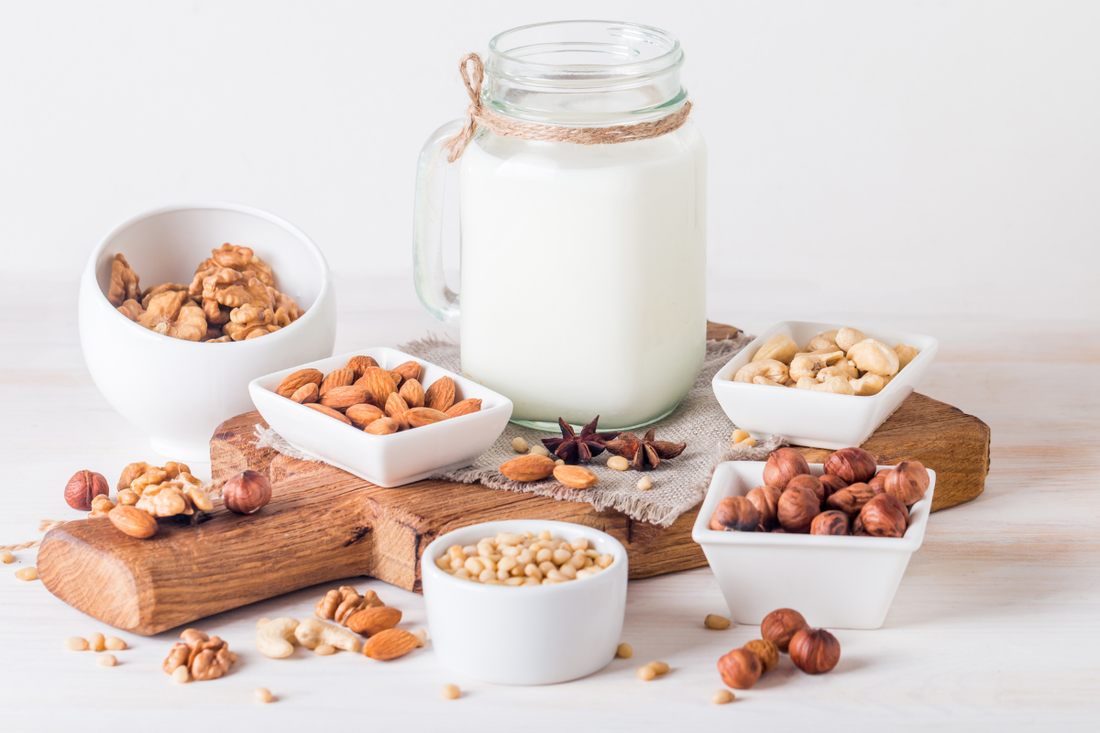
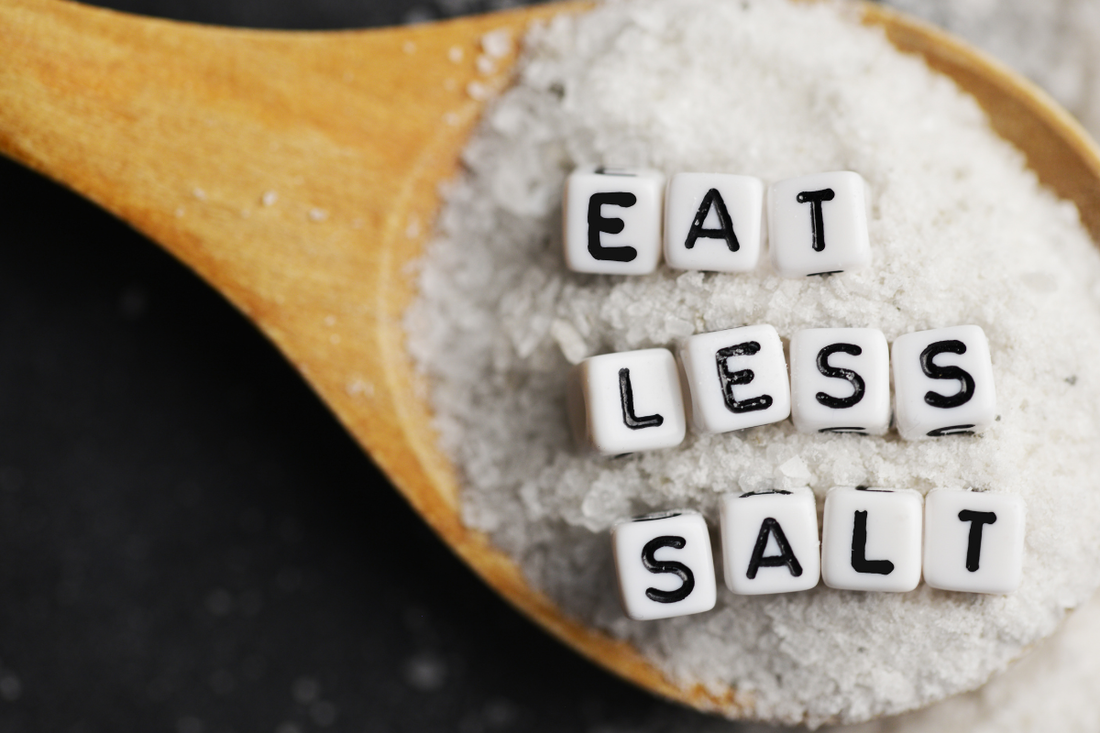
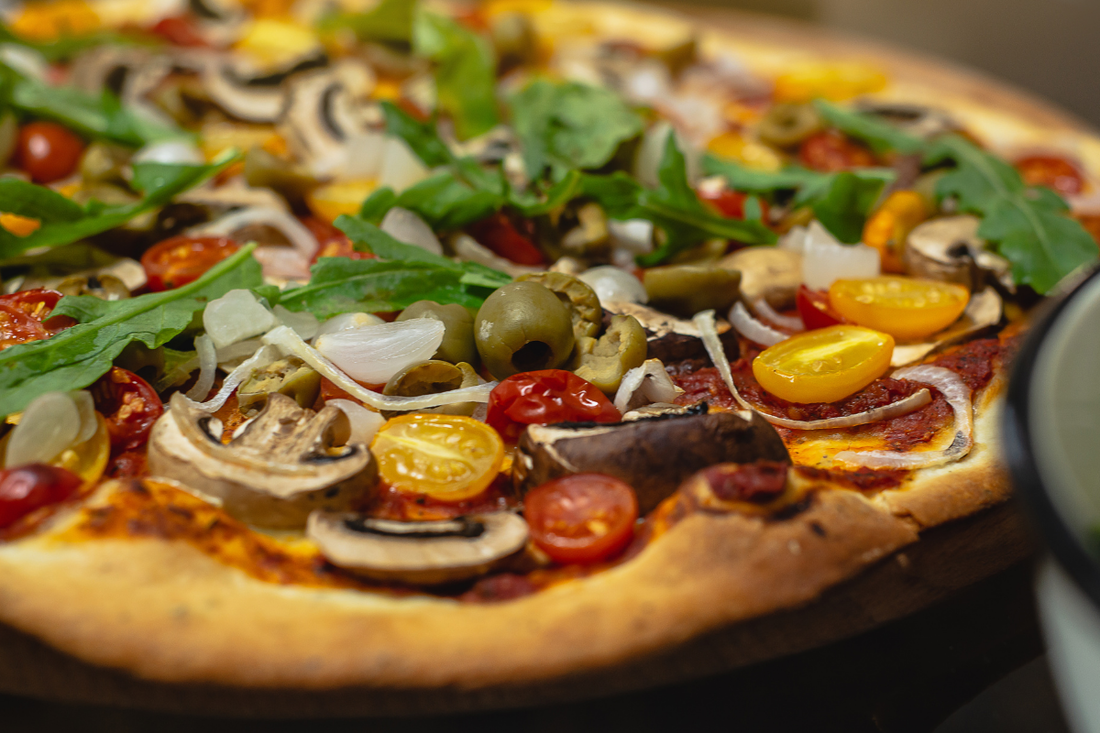
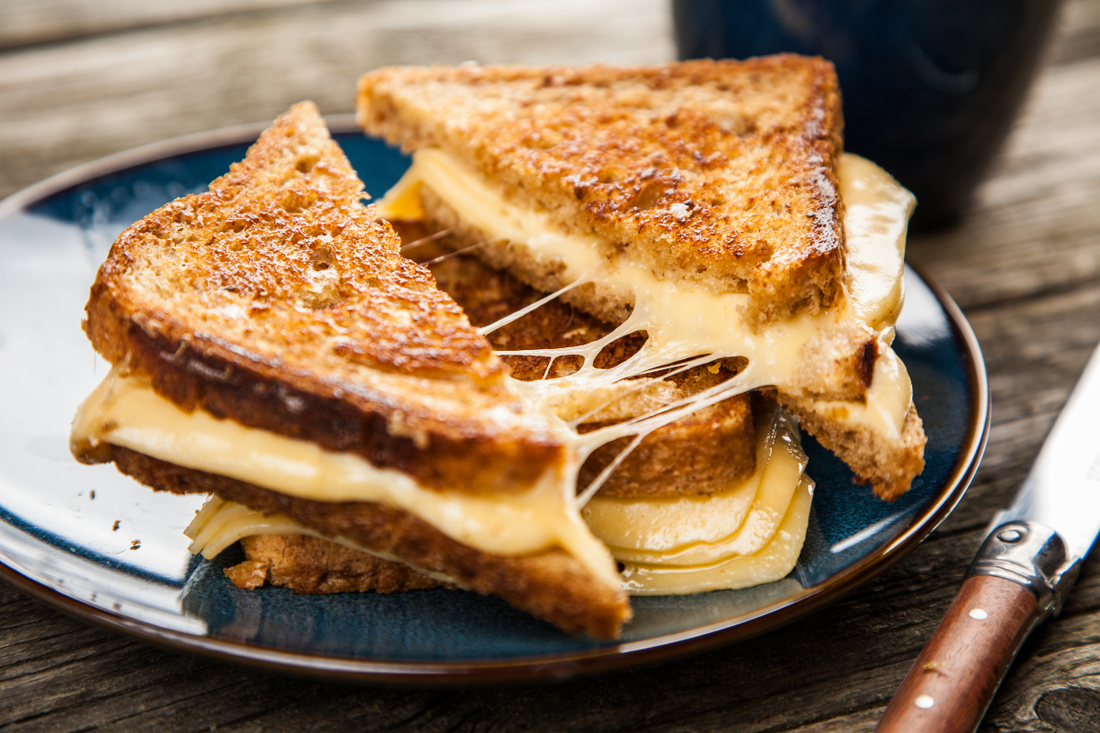
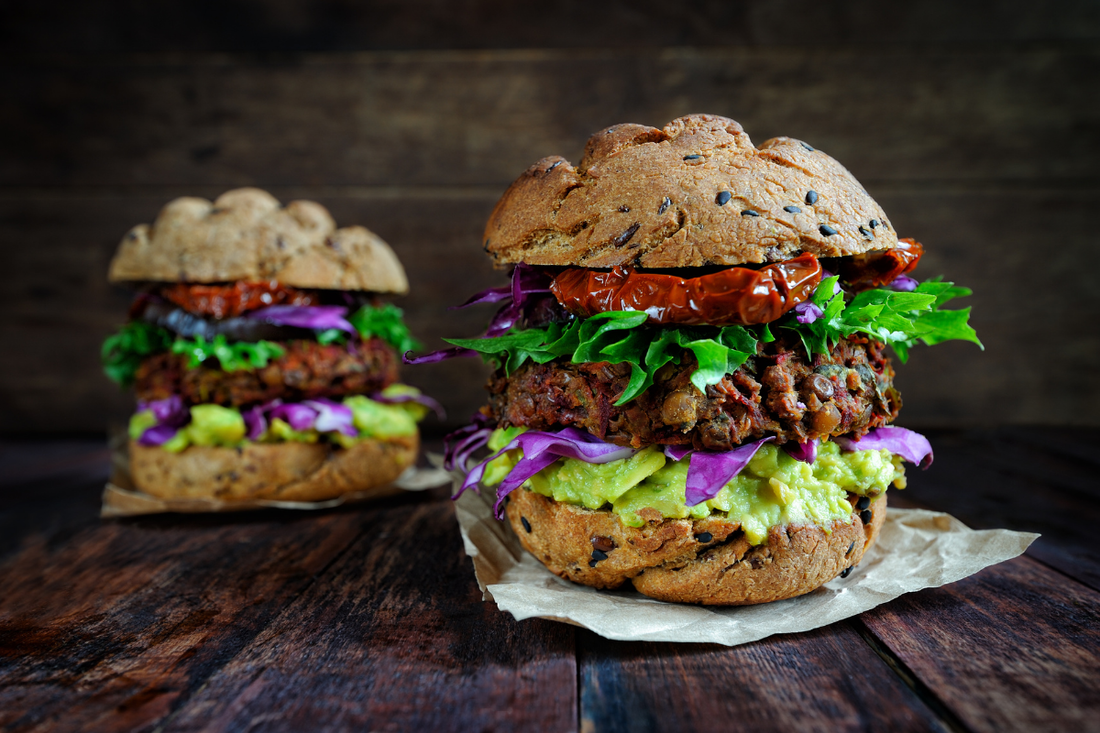

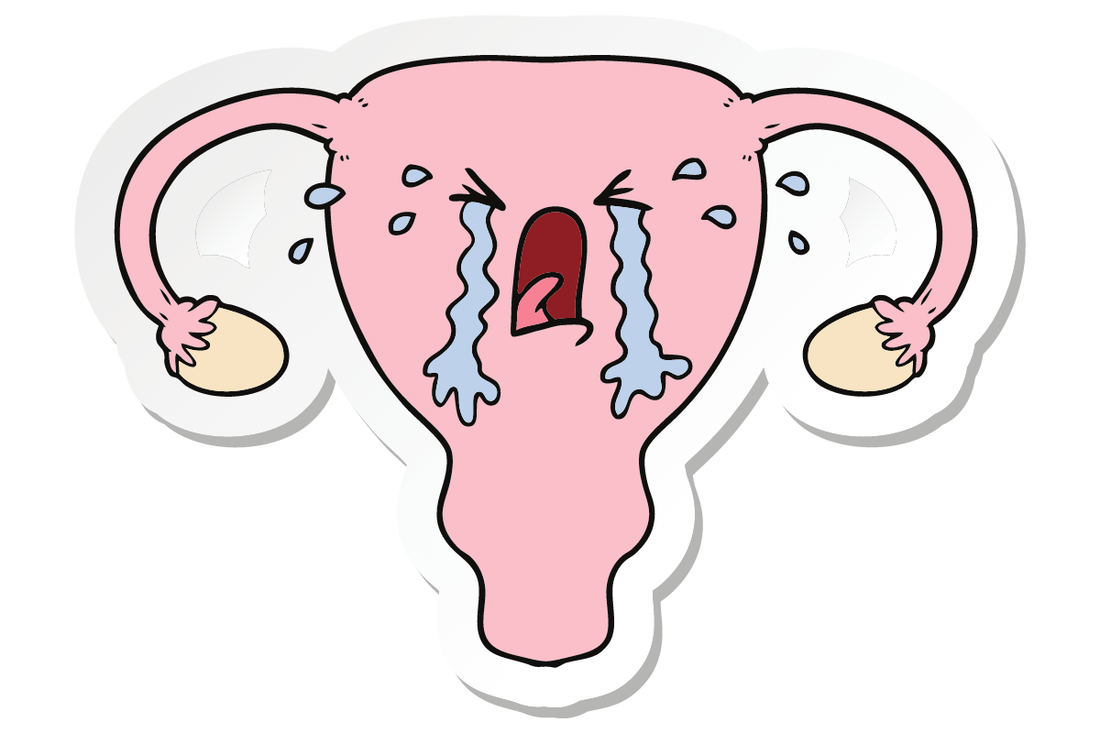
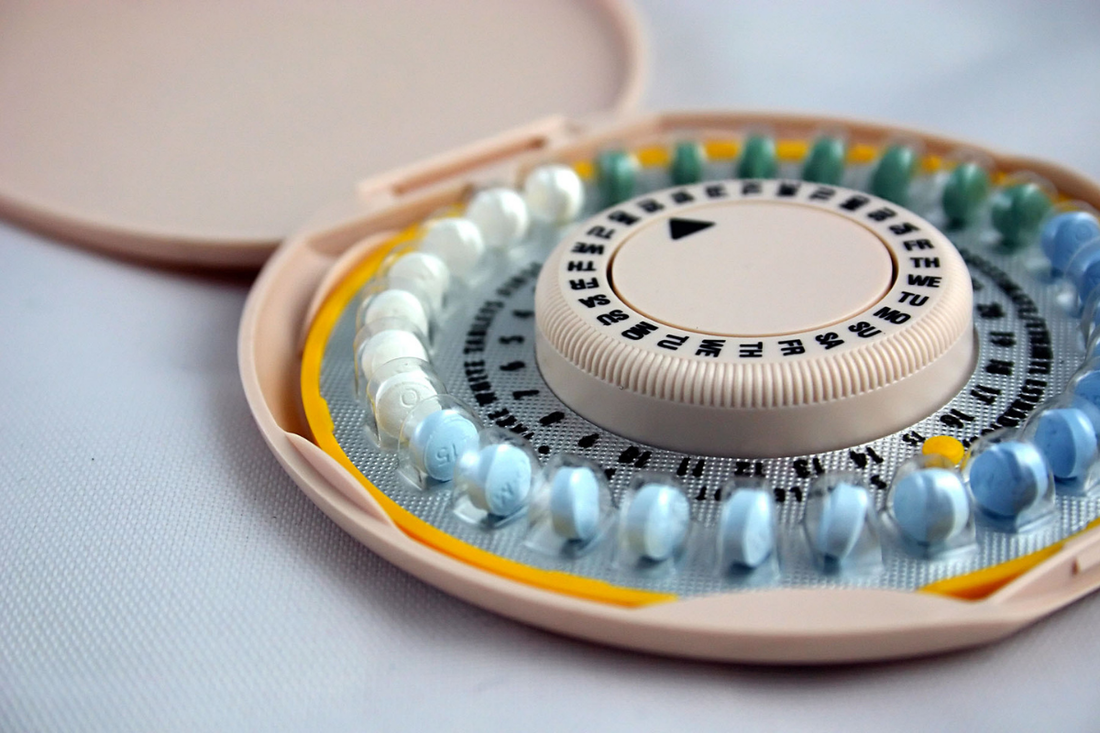
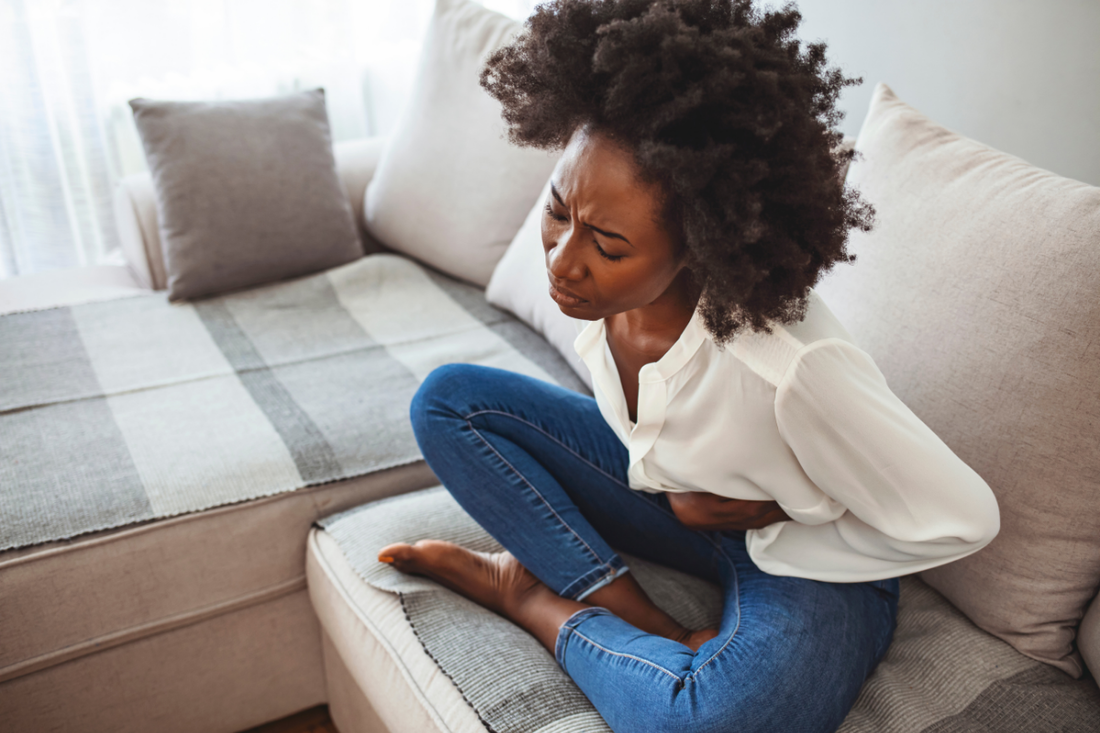
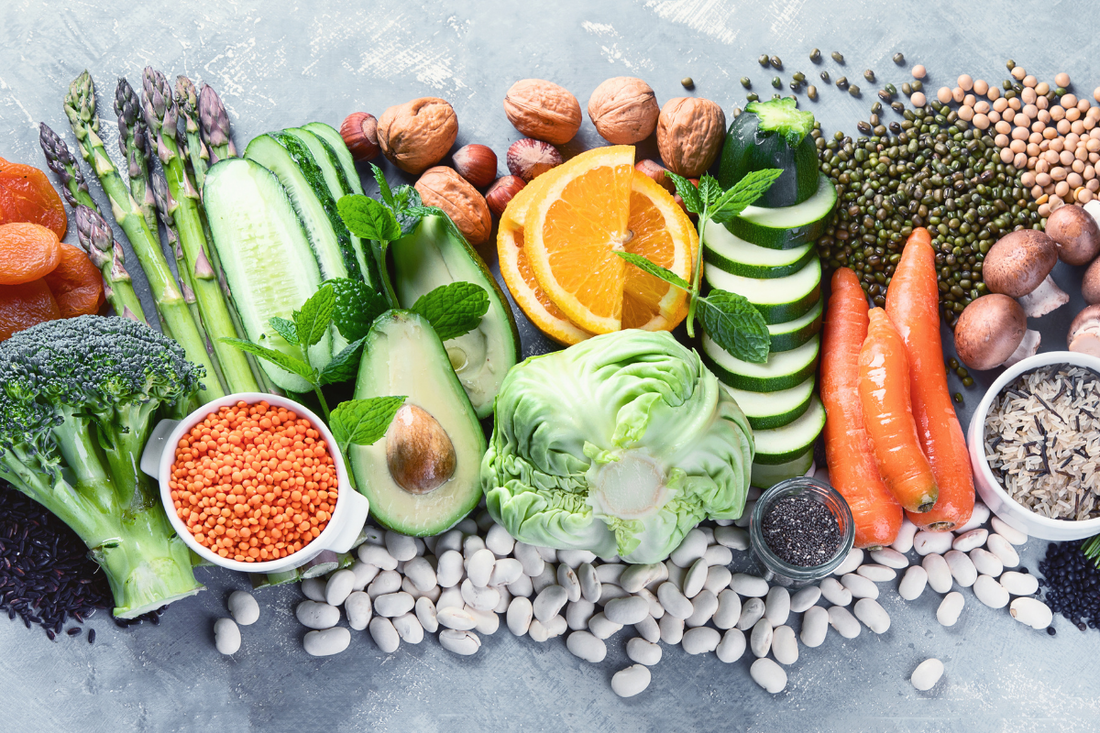
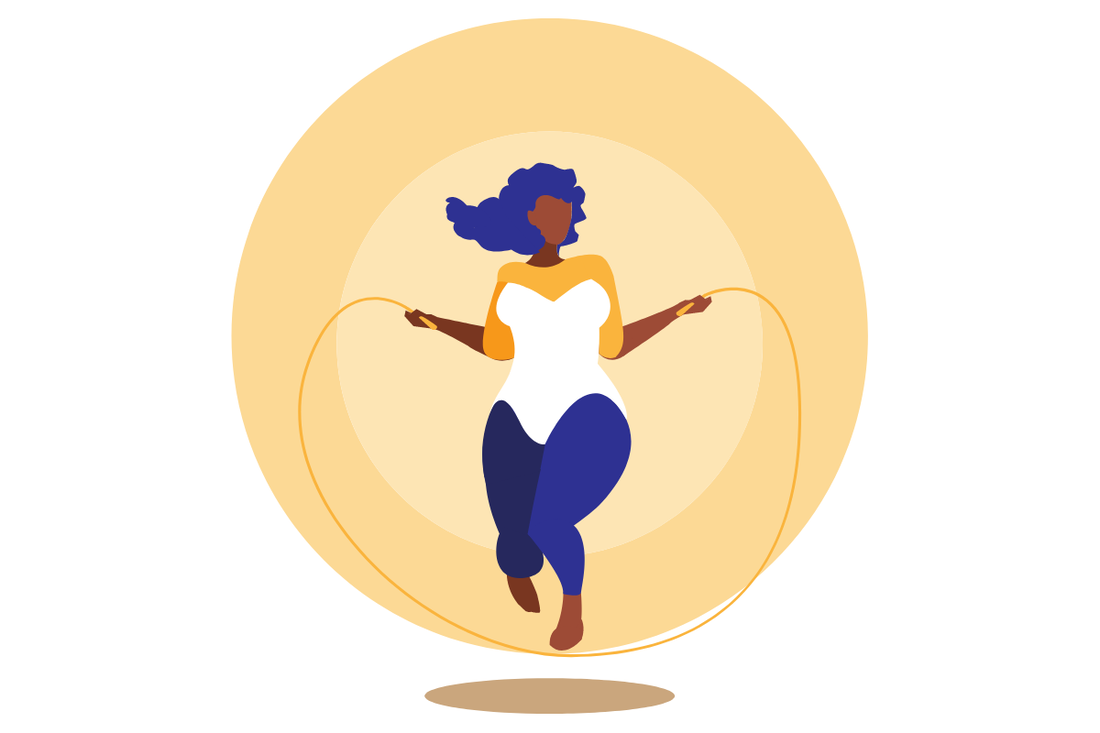
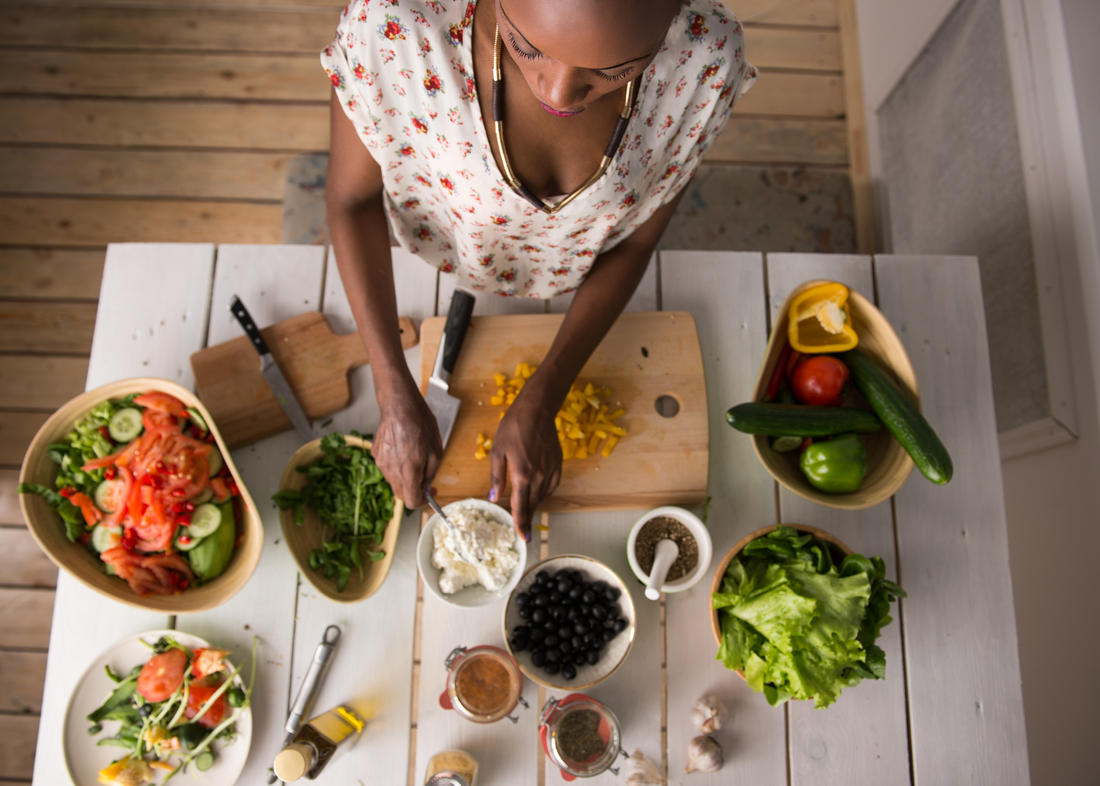
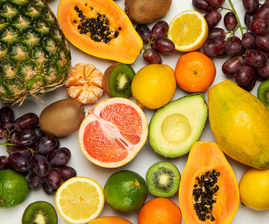
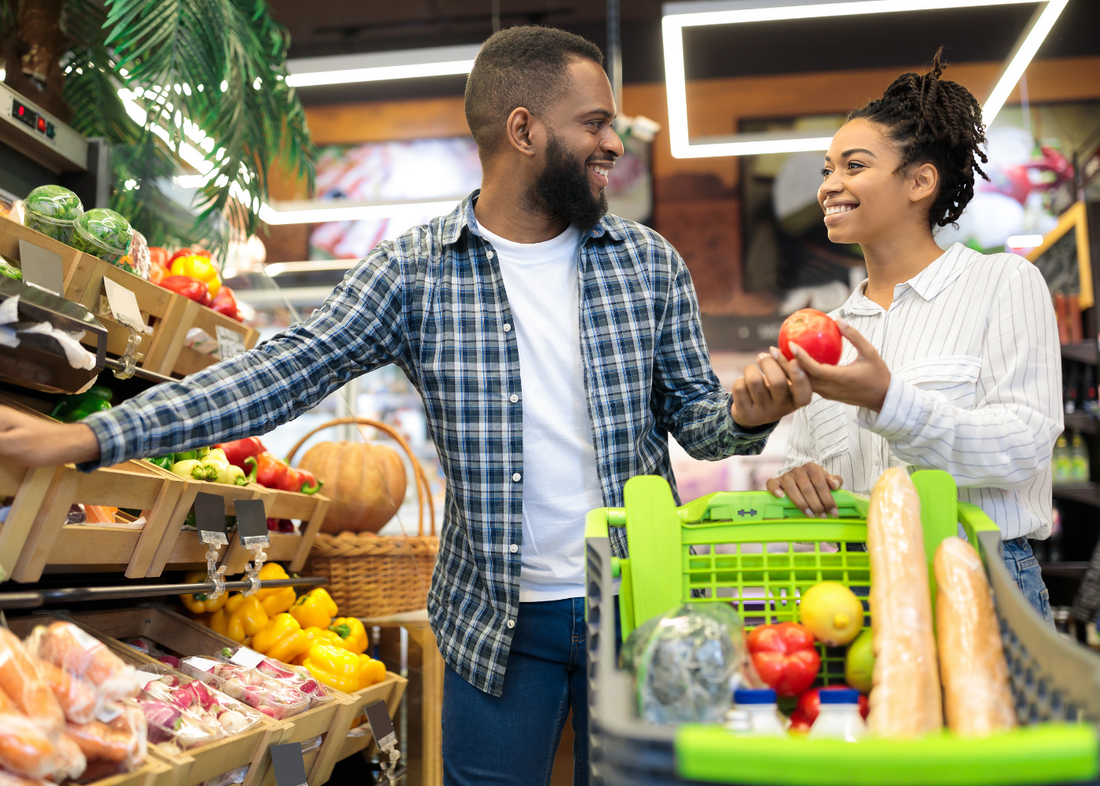
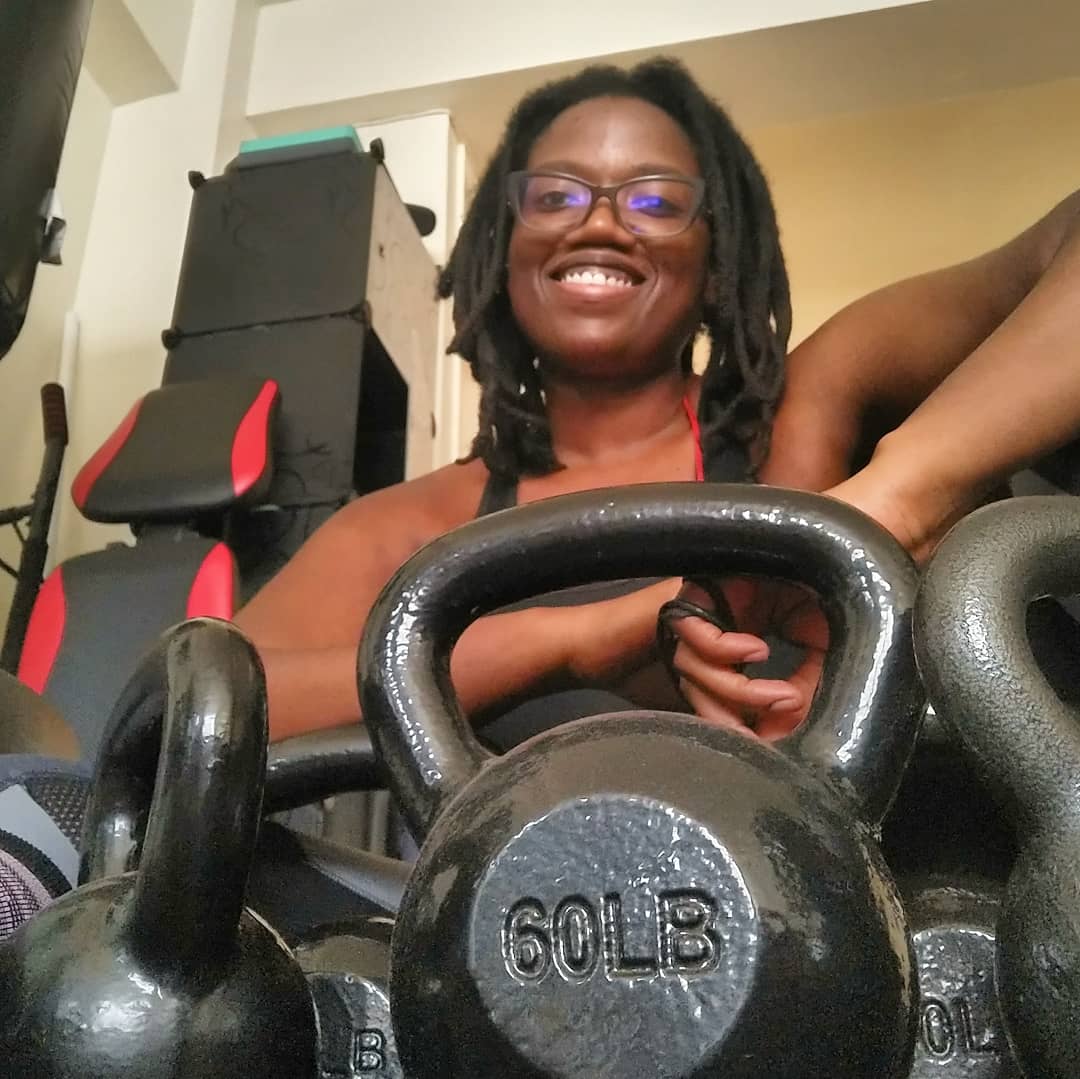
 RSS Feed
RSS Feed
